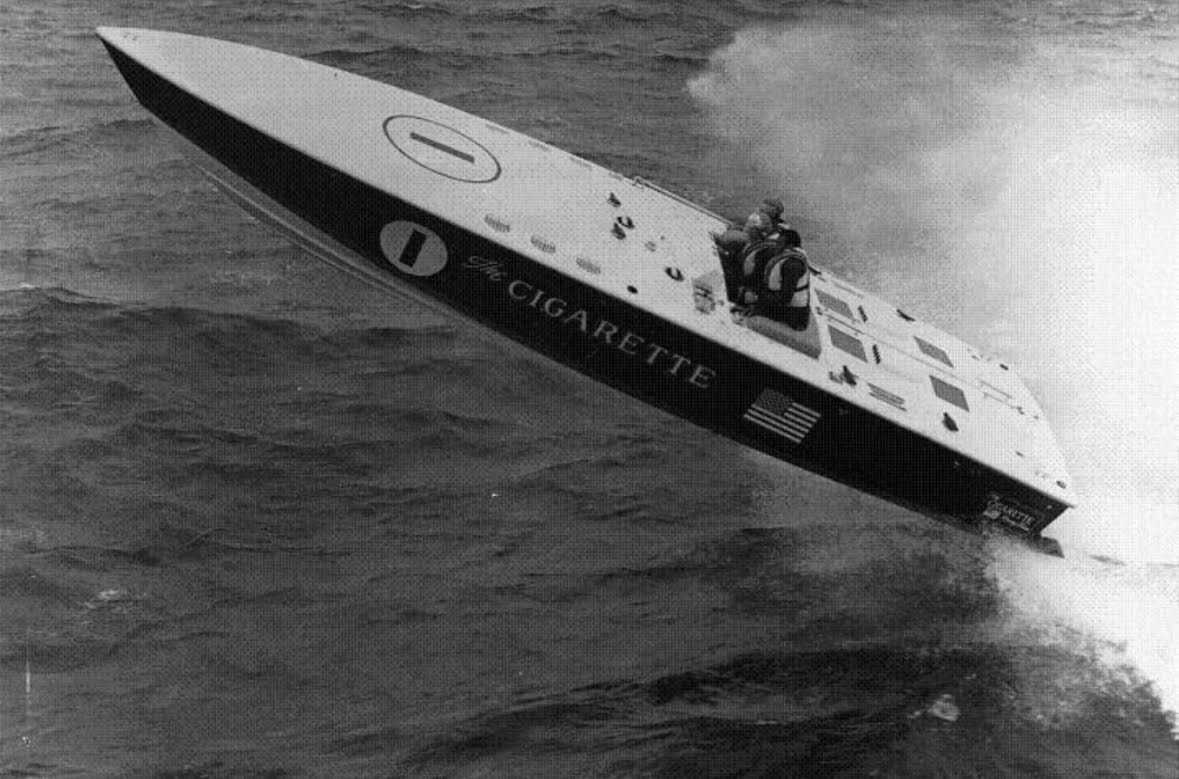The worst thing you can say to a hiring manager is "nope, thanks, that's all my questions." Always have more questions.
Unprepared people will say "um, let me see" and pretend to rack their brain. Pros don't even pause for a split second. Let your face light up with all your curiosities about them and the company they work for.
The focus should be the company, what they're trying to accomplish, and how you can help. Compensation, benefits and WFH policy are important, but saving those for a later conversation shows you're not a beginner.
If you're not sure what to ask, here are four examples:
What’s the most exciting thing about this place? What gets you jumping out of bed in the morning?
Prepackaged answers, buzzword phrases about employees "rolling up their sleeves", and HR-speak will be forthcoming. Give them a pass, then dig deeper. You want to see their eyes light up. Their excitement is contagious. You can’t wait to learn more.
What do you do for fun / mental health / stress relief?
A person with no hobbies is an unhealthy person, and you want to avoid unhealthy bosses. Ideally, the interviewer launches immediately into a short list of the things she enjoys in life. Favorite hiking locations and restaurants are discussed. Book recommendations are exchanged. Have your own answers ready, and make them interesting, because this question is coming right back to you. You’re friends now.
What does bad leadership look like to you?
You want them to define their version of bad leadership (so you can see how it relates to your own), convey professionalism by not naming names, and inadvertently commit to you that they’re not going to be a bad leader to you if you take the role. This should naturally flow into a conversation about examples of good leadership, from both of you.
Can you tell me about a situation of distress that you / your team / the company went through together?
First, you hope they have a good story to share, rather than glossing over it. Secondly, you want to get a sense of how their team functions together in those scenarios: do the stronger team members help the weaker ones? Is that empathy and sacrifice recognized and valuable to the company? Thirdly, you're saying "I understand that problems are a given, and I'm focused on solving them."
Those are mere examples -- tailor yours to whatever vibes you are sensing. Over the course of a few conversations, you want to learn a lot: the biggest problems they want to solve, what success looks like after 90 days in the role, the personalities in the building and how they interact, why the role is open in the first place, the financial state of the company, what type of growth they have been realizing vs. what they are projecting, the list could go on.
And as we've discussed before: If your interview doesn’t go 10 minutes overtime and end with “we should get coffee and pick this up again, I have so many more questions” then it was not a good interview.










